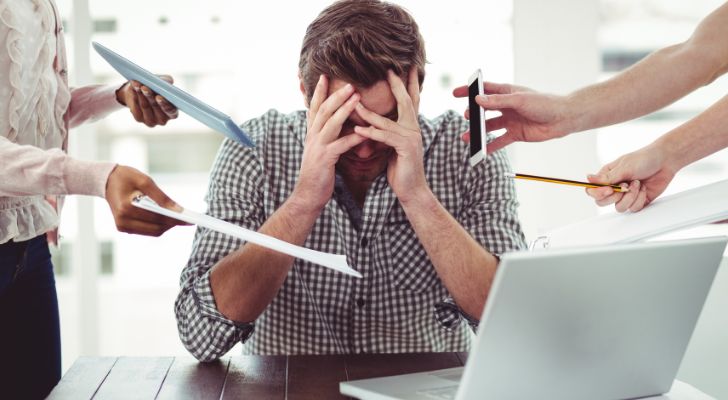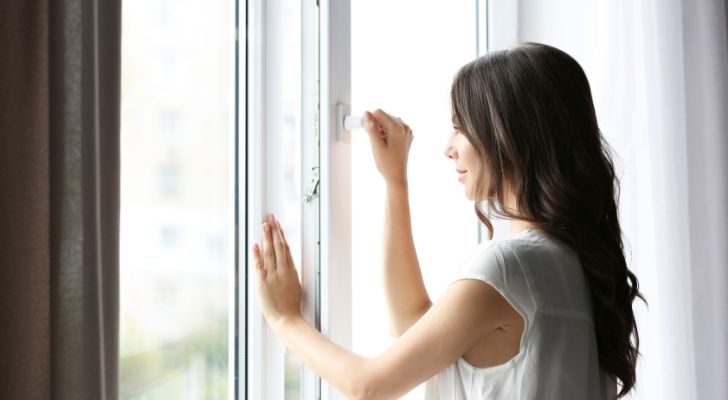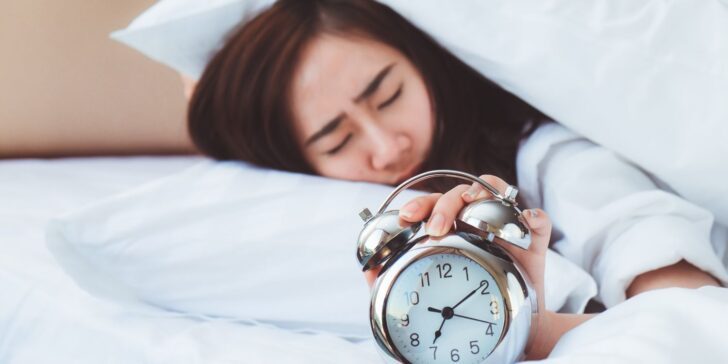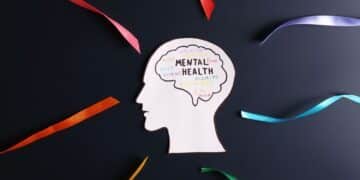Have you ever struggled to relate to people who describe themselves as “morning people”?
Perhaps your friends always wake up bright and early, and you just can’t understand how they do it. Maybe you dread those 8 a.m. office meetings.
Some studies suggest that morning people make up around 15% of the population, and around the same number are “night owls.”
If you consider yourself a night owl or simply “not a morning person,” here are some facts you should know.
Coffee can be your best and worst friend.

Caffeine is the main active ingredient in coffee, giving millions of people a boost every day. It’s no wonder that 70% of Americans choose this morning beverage, as it really does help make mornings a little bit easier.
That said, caffeine stimulates the central nervous system and interacts with adenosine receptors in the brain, which are responsible for helping you fall asleep.
The adenosine in your brain increases throughout the day, making you feel tired when it’s time for bed. Drinking coffee prevents this from happening, especially too late in the day.
So, while starting your day with a cup of java can boost your mood, attention, and brain function, drinking it too late in the day can make it that much harder to fall asleep.
Lowering your stress could improve your morning.

Studies have shown that a stressful lifestyle can make you feel anxious from the moment you wake up.
It’s normal for people to experience higher levels of cortisol, the main stress hormone, within the first hour of waking up. This is known as the cortisol awakening response.
Your cortisol levels may be higher than usual if you have a busy job or a stressful lifestyle.
Regular stress-busting activities, such as meditation, yoga, and aromatherapy, could help make those early mornings just that little bit more bearable!
It’s not just you; most people hit the snooze button!

If you struggle to get out of bed when your alarm goes off, you’re not alone.
Some surveys have shown that 57% of white-collar workers hit the snooze button and go back to sleep. Women are more likely to snooze than men.
And that’s just people with stable office jobs; the numbers for teenagers and shift workers are expected to be much higher!
Hitting the snooze button in the morning can indicate you are not getting enough sleep. People who stay up late at night are more likely to struggle to wake up and instead turn over for a few more minutes of slumber.
The most important takeaway, though, is that studies have shown that hitting the snooze button has no negative effect on your health, so snooze away!
Breakfast isn’t as important as you might think.

If hitting the snooze button means you skip breakfast, fear not. Some studies have suggested that breakfast isn’t necessarily the most important meal of the day, contrary to what many believe.
While some research has suggested eating breakfast leads to good health, other studies have shown that there is not necessarily a direct link between the two.
Instead, it is much more important to listen to your body and give yourself a variety of nutrients throughout the day.
If you feel hungry in the morning, choose a breakfast low in sugar and high in complex carbohydrates.
Sunlight helps you to wake up.

Natural light lets your body know when to sleep and wake up. If you struggle to sleep, exposing yourself to sunlight in the morning can help reset your body’s clock.
Sunlight tells your body it is time to wake up, helping you feel more energized for the day ahead. In the evening, as the daylight fades, your body will prepare to go to sleep again.
Letting natural light into your bedroom each morning can set you up for a better day and improve the quality of your sleep at night.
Saudi Arabia and Greece are home to the world’s latest risers.

If you live in Saudi Arabia, the average wake-up time is 8:27 a.m., while in Greece, you’re most likely to wake up around 8:25 a.m.
This may be because of the warm weather and late-night lifestyles in these countries, which have become part of their cultures.
On the other end of the spectrum, the earliest risers are in South Africa, Colombia, and Costa Rica. People in these countries wake up between 6:24 and 6:38 a.m. – two hours earlier than the latest risers!
Showering before bed is good for your sleep.

This habit may tell your brain it is time to sleep, especially if you take a hot shower or bath. As you prepare to sleep, your body will get warmer, and your hands and feet will become colder.
Immersing yourself in hot water can help regulate your temperature and lead to better sleep.
Take a hot bath or shower 1-2 hours before bed and see whether it helps you drift off to dreamland any quicker. You can even use the extra time the next morning to get more shut-eye!
Winston Churchill was also not a morning person.

The former British Prime Minister reportedly woke up at 7:30 a.m. but did not get out of bed for several hours.
Winston Churchill ate breakfast, read the daily newspapers, and then began working – all from his bed.
He would get up around 11 a.m., take a bath, and sometimes walk around his garden. At the end of this somewhat leisurely morning, he would continue working in his study with a whisky and soda.
Winston Churchill was also inspired by the daily siestas in Cuba and regularly took a nap at 5 p.m.
Not a bad day, all in all!
Exercise could boost your brain’s performance after a bad night’s sleep.

Without good sleep, you might find your attention span is lower, or you cannot concentrate the next day.
However, a 20-minute session of moderate exercise after you wake up could boost your brain’s performance.
Making exercise a part of your daily routine is also likely to improve the quality of your sleep each night.
Find an exercise you enjoy, and it will be much easier to sustain this habit in the long term.
Whether you like walking, swimming, yoga, or basketball, there is an exercise for everyone – morning person or not!
In Japan, ikigai helps people wake up in the morning.

The lifestyle concept of ikigai encourages people to find a reason to get out of bed. It is a popular part of Japanese culture, and everyone is believed to have an ikigai, or a purpose in life.
People are urged to think about what they love, what they are good at, how they can earn money, and what is needed in the world.
It’s no wonder that people in Japan wake up around 7:09 a.m. to start their day!
Answering these questions can make each morning a little bit easier and give you reasons for waking up.
Looking after your health, surrounding yourself with great people, and living in the moment may help you to find your answers.
If you dread waking up in the morning, don’t give up hope! There are plenty of ways to improve your sleep and feel more refreshed, such as regular exercise and exposure to sunlight.
But you’re not alone if you don’t think you’ll ever become a morning person.
Around the world, the majority of people will hit snooze tomorrow morning and grab a few extra minutes of precious sleep!


















